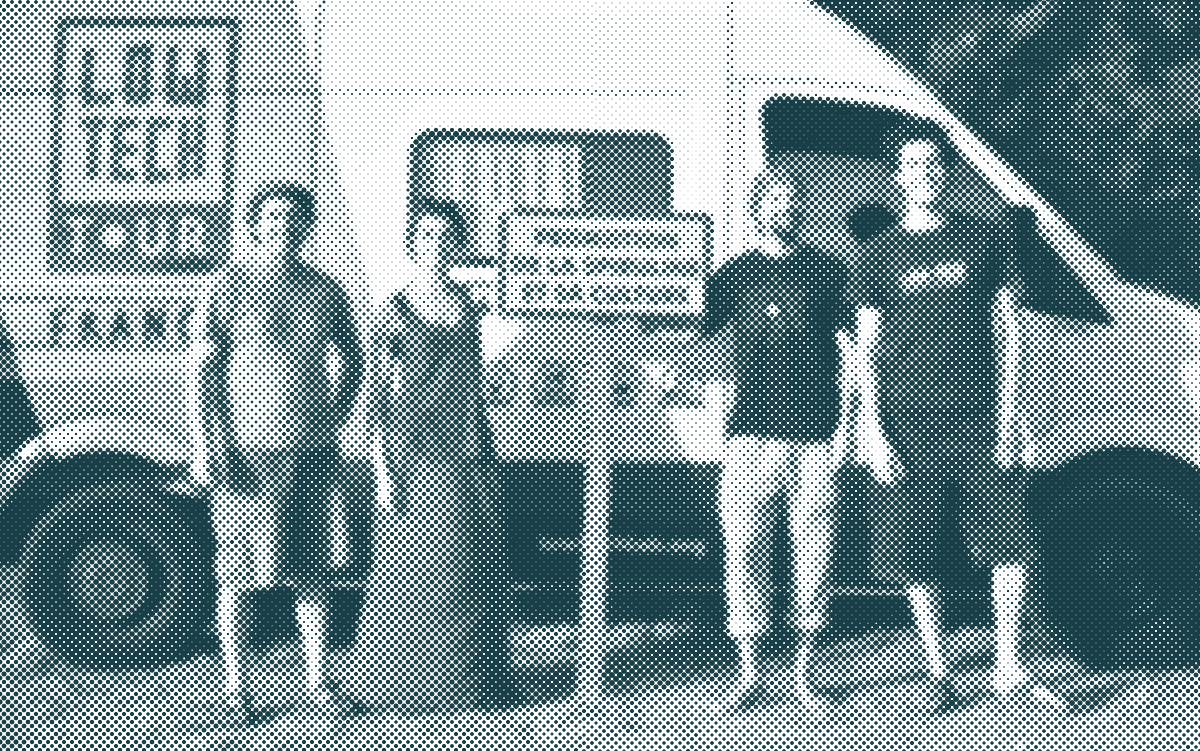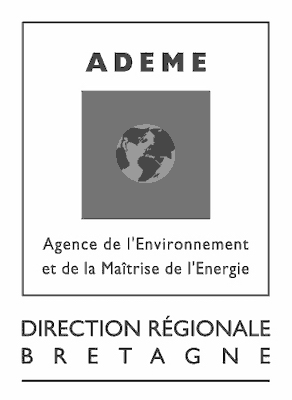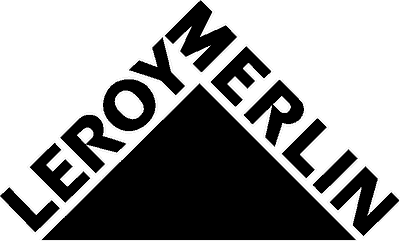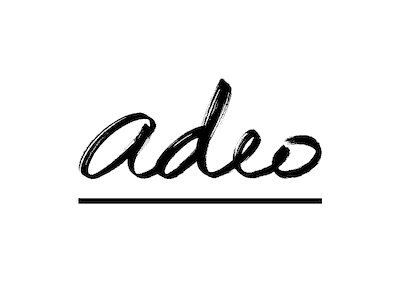
Experimentation area: France
Period: 2017- 2018
Led by: Clément Chabot, Pierre-Alain Lévêque, Camille Duband
The Nomade des Mers expedition and the discovery of numerous low-tech initiatives throughout the world further reinforced our convictions about a more sober and resilient lifestyle. When we came back to France, we took up the following challenge: to integrate a maximum of low-techs in an environment we all know. Housing turned out to be the perfect case study.
As the media hammer on about the doom and gloom of climate change, it turns out that housing is the most energy-consuming sector (43%) in France and one of the main greenhouse gas emitters (17%). But it is also an excellent way for more and more people who are looking for solutions to start their transition!
So, on board a van-come-workshop-on-wheels, the Low-tech Lab team hit the roads of France to meet those* who made their ideas of more sustainable living come true!
At each of the 12 stopovers, the solutions discovered were recorded as written and filmed tutorials, which were later made available on the Low-tech Lab’s platform. The solutions were also made into an exhibition displaying them as they could be in our homes.
*Thank you Léon-Hugo Bonte for the bokashi, Gilles Planchon and Enkidou Burtschell for the spirulina, Aurélie Guibert for the wind turbine, Vital Bies and David Mercereau for the mass stove, Guy Isabel and Jean-Daniel Blanchet for the solar air heater, Eric Lafont and le collectif du Grand Moulin for the solar water heater, Kévin Quentric and Aquatiris for the phyto-purification, Arieh and David for their advice on energy, Claire Yobé for the lacto fermentation, Pierre and Thomas at Picojoule for the biogaz.
Low-tech Tour France 2017 PARTNERS



